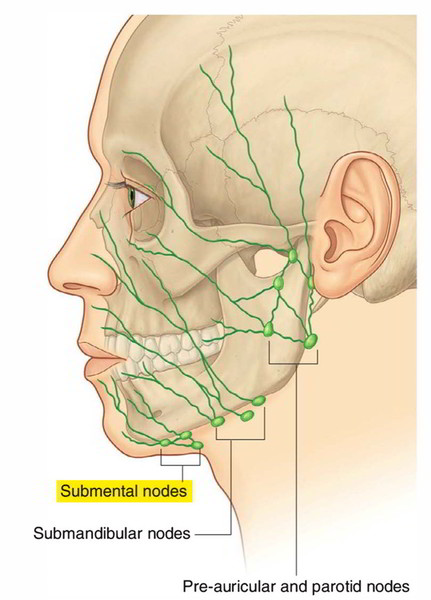A client with a history of COPD is being assessed. When the nurse percusses the client's chest, which characteristic sound is expected?
Tympany
Hyperresonance
Resonance
Dullness
The Correct Answer is B
Choice a reason:
Tympany is a drum-like, resonant sound that is typically heard over air-filled structures, such as the gastric bubble, not the chest. It is not a sound associated with the lungs, especially in the context of COPD.
Choice b reason:
Hyperresonance is an abnormally loud, lower-pitched sound than normal resonance heard over hyperinflated areas of the lung, such as in cases of COPD. This is due to the increased air content within the lungs, often because of overdistension or destruction of alveolar tissue, as seen in emphysema, a common type of COPD.
Choice c reason:
Resonance is the normal sound heard over healthy lung tissue when percussed. However, in the case of COPD, particularly emphysema, the destruction of lung tissue leads to hyperinflation and thus a hyperresonant sound rather than the normal resonance.
Choice d reason:
Dullness is heard when fluid or solid tissue replaces air in the lung or occupies the pleural space, as in the case of pneumonia or pleural effusion. This is not characteristic of COPD, where there is an increase in air due to the breakdown of alveolar walls.
Nursing Test Bank
Naxlex Comprehensive Predictor Exams
Related Questions
Correct Answer is C
Explanation
Choice A Reason:
While falls are a common cause of injury in children, they are not the leading cause of TBI in adolescents. Falls tend to be more frequent in the younger population, particularly in children under the age of 4. In adolescents, sports-related injuries and motor vehicle accidents are more prevalent causes of TBI.
Choice B Reason:
The statement that females have twice the risk of TBI compared to males is incorrect. National data reveal that males are at increased risk of TBI compared to females, especially in the adolescent age group. This is likely due to higher engagement in risk-taking behaviors and contact sports.
Choice C Reason:
Concussions in sports and motor vehicle accidents are indeed the leading causes of TBI in adolescents. Engaging in contact sports such as football, hockey, and soccer can lead to concussions, which are a form of mild TBI. Motor vehicle accidents are also a significant risk factor due to high-impact collisions that can cause head injuries.
Choice D Reason:
Firearm incidents are a serious concern for TBI; however, they are not the most common cause of TBI in adolescents. While firearm-related injuries can be severe and are a leading cause of TBI-related deaths, concussions from sports and motor vehicle accidents account for a larger number of non-fatal TBIs in this age group.
Correct Answer is B
Explanation
Choice A reason:
Palpating in front of the ear would assess the preauricular lymph nodes, not the submental lymph nodes. The preauricular nodes are located just in front of the ears and are typically examined when there is an infection or inflammation in the eyes, ears, or scalp.
Choice B reason:
The submental lymph nodes are located in the midline, just under the chin, behind the bony prominence of the mandible. This is the correct area for palpation when assessing the submental lymph nodes. These nodes drain the lower lip, the floor of the mouth, the tip of the tongue, and the incisors, and they can become enlarged due to infections or malignancies in these areas.
Choice C reason:
Palpating superficial to the sternomastoid would assess the cervical lymph nodes, specifically the anterior cervical nodes, which are not the submental lymph nodes. The sternomastoid muscle is a landmark for several lymph node groups in the neck, but not for the submental group.
Choice D reason:
Palpating at the angle of the mandible would assess the submandibular lymph nodes, not the submental lymph nodes. The submandibular nodes are located beneath the jawline and can become enlarged due to infections or malignancies in the mouth, throat, and salivary glands.

Whether you are a student looking to ace your exams or a practicing nurse seeking to enhance your expertise , our nursing education contents will empower you with the confidence and competence to make a difference in the lives of patients and become a respected leader in the healthcare field.
Visit Naxlex, invest in your future and unlock endless possibilities with our unparalleled nursing education contents today
Report Wrong Answer on the Current Question
Do you disagree with the answer? If yes, what is your expected answer? Explain.
Kindly be descriptive with the issue you are facing.
